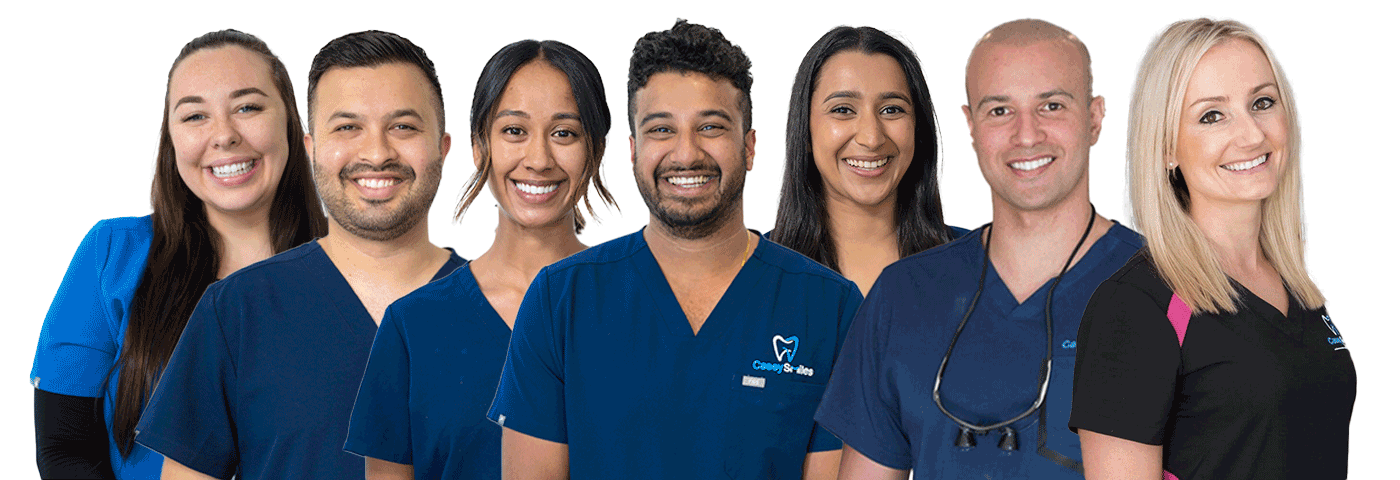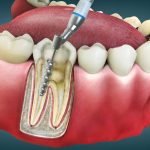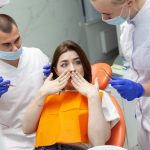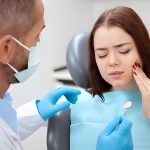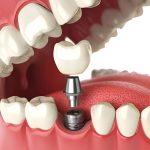OR CALL: 03-5996-6273

The top-rated family dental centre in South East Melbourne. 💯
WATCH OUR CLINIC WELCOME VIDEO!
Welcome to Casey Smiles Dental Clinic
Casey Smiles Dental Clinic – The #1 Dentist Patients Trust
Casey Smiles is focused on providing you and your family with quality and affordable dental treatment in a caring and compassionate environment.
We will listen to your concerns and will provide you with treatment plans that suit your needs and budget. At Casey Smiles Dental Clinic in Cranbourne, we believe in creating an environment that puts you at ease when you visit here for treatment. Having been a family dentist in Cranbourne over the years, we understand the need to have an atmosphere that is calming to children or the elderly in need of dental treatment. Our staff is both warm and professional in putting your fears to rest while accurately identifying and treating your dental issues.
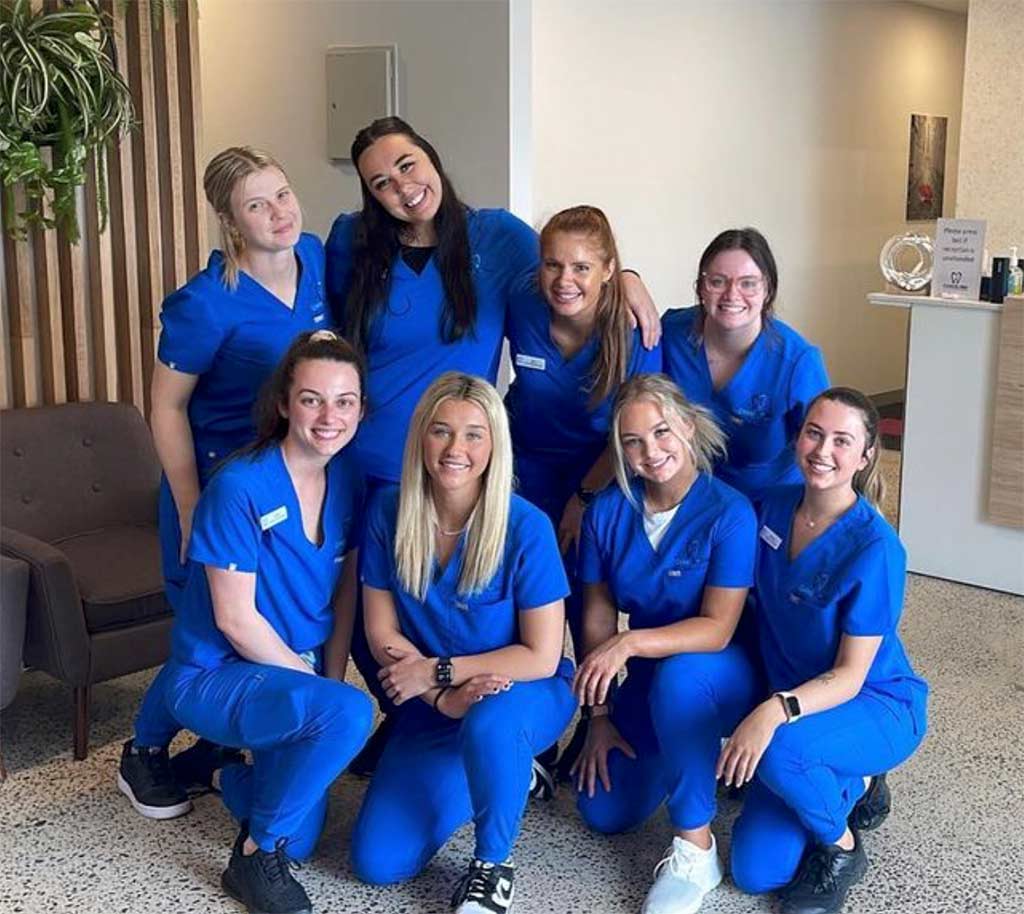
A team united by shared values.
At Casey Smiles Dental Clinic, we strive to give you and your family the best dental treatment and care in Cranbourne while making the entire process easier for you. No matter what the age, every staff we have on-board is equipped to help put you at ease while providing exceptional care and services.
Patient-focussed dental care you can afford.
Dental Payment Plan Options are available!
For families in and around Cranbourne, we have the solution to all your dental problems. To help make treatment more accessible for you, we also offer payment plans that are convenient for you.
To be treated by the best family dental clinic in Cranbourne, you can book an appointment with us by giving us a call at (03) 5996 6273.
OR CALL: 03-5996-6273
Areas We Serve: Skye, Dandenong South, Dandenong, Narre Warren, Hallam, Clyde, Mornington, Dromana, Red Hill, Rosebud, Flinders, Cape Schanck, Hastings, and Frankston.”
Dental Services
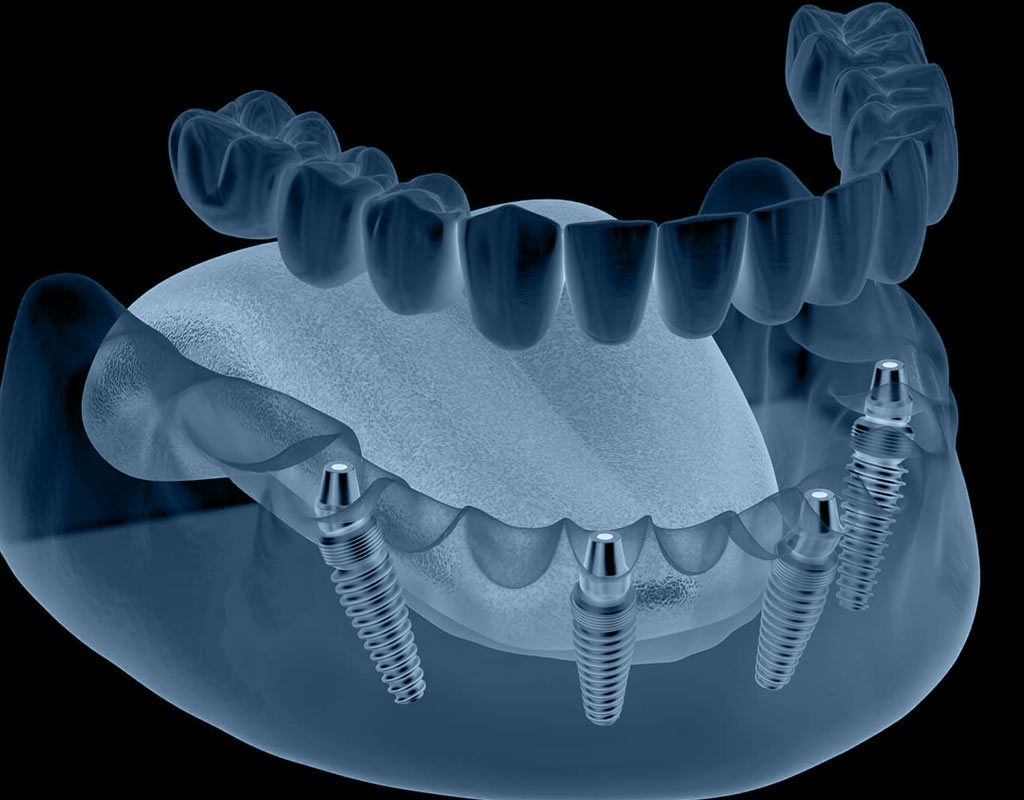
All-On-4® Dental Implants
All-On-4® is a revolutionary treatment that was created to be efficient and cost effective to restore the whole mouth.
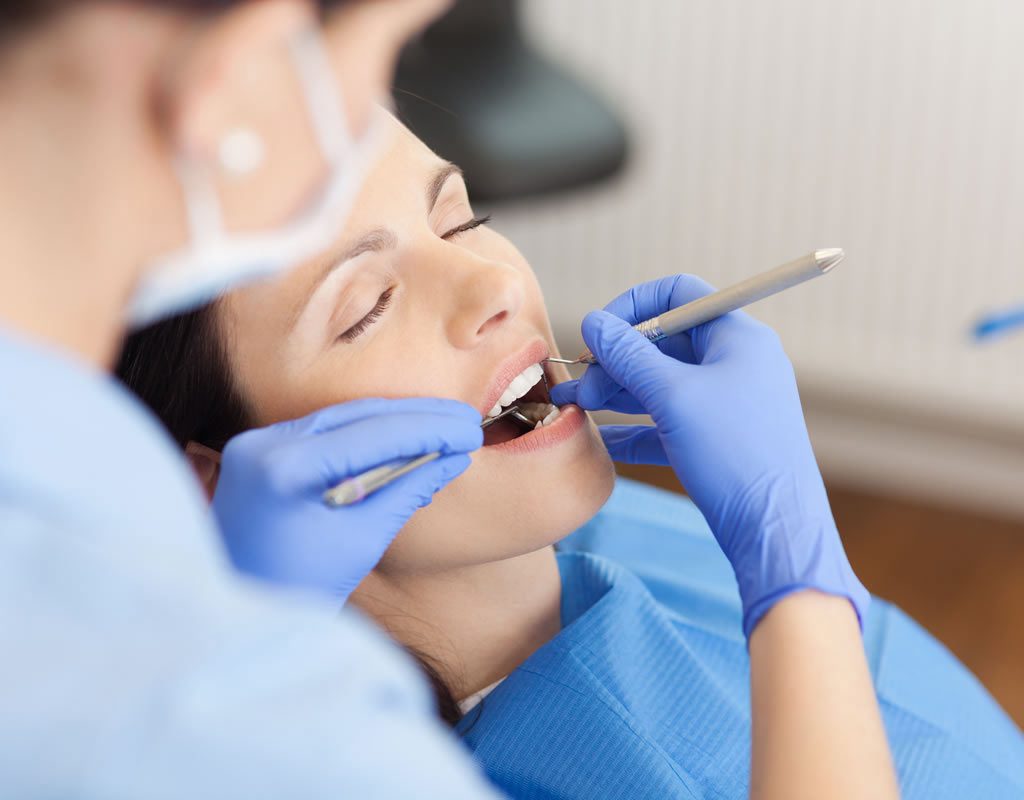
General Dentistry
At your checkup /examination appointment, our dentists will check your teeth for any minor problems that can become big problems later on.

Cosmetic Dentistry
An expert cosmetic dentist can assist any person wanting to improve the appearance of their teeth and gums.
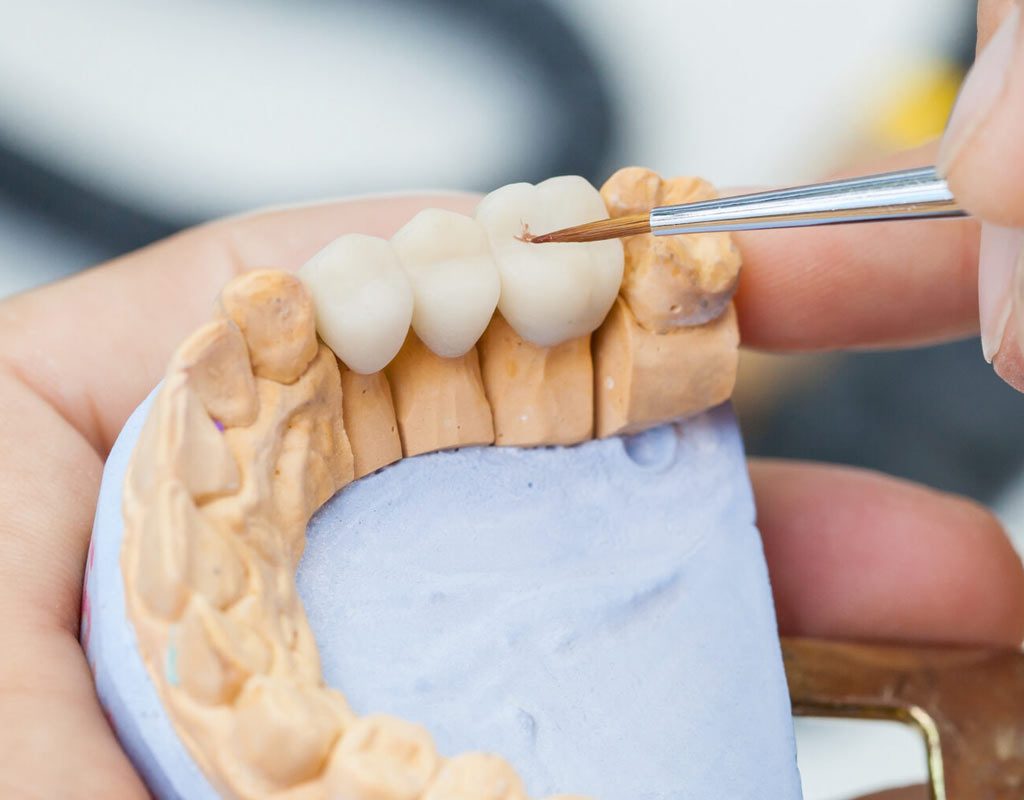
Crowns & Bridges
A full coverage dental crown is a way of restoring a badly damaged tooth and it will protect the entire structure of the tooth.
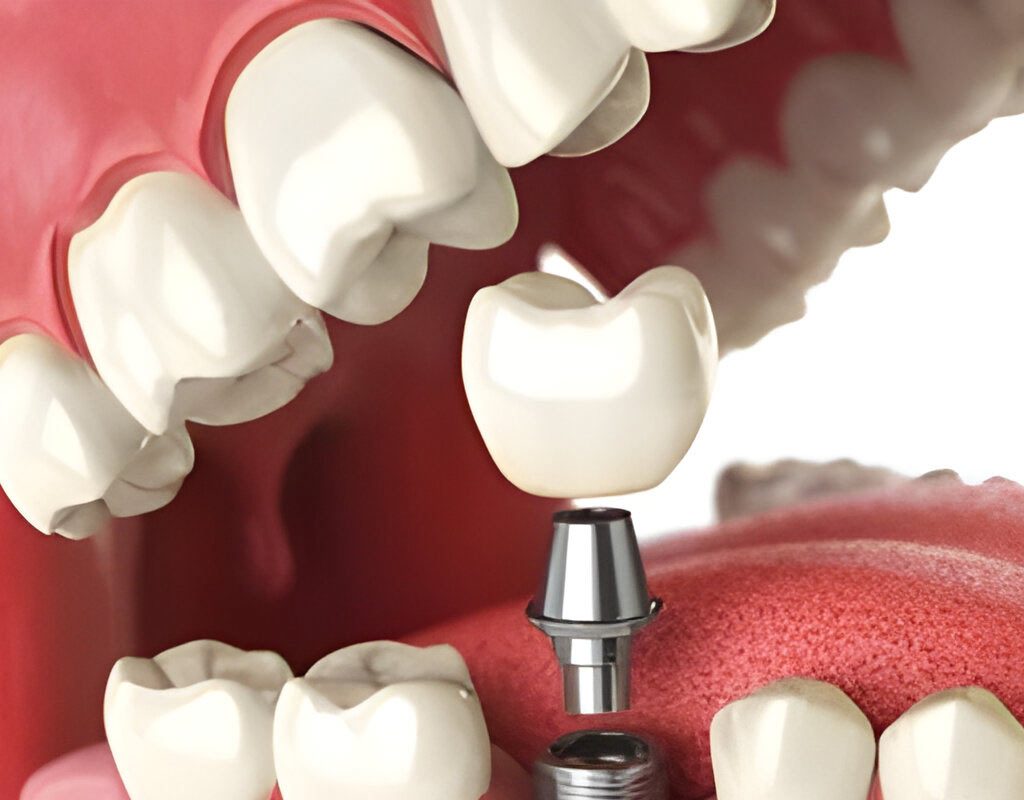
Dental Implants
An implant can replace a missing tooth or up to four in a row. Dental Implants allow you to eat, talk and smile with confidence.
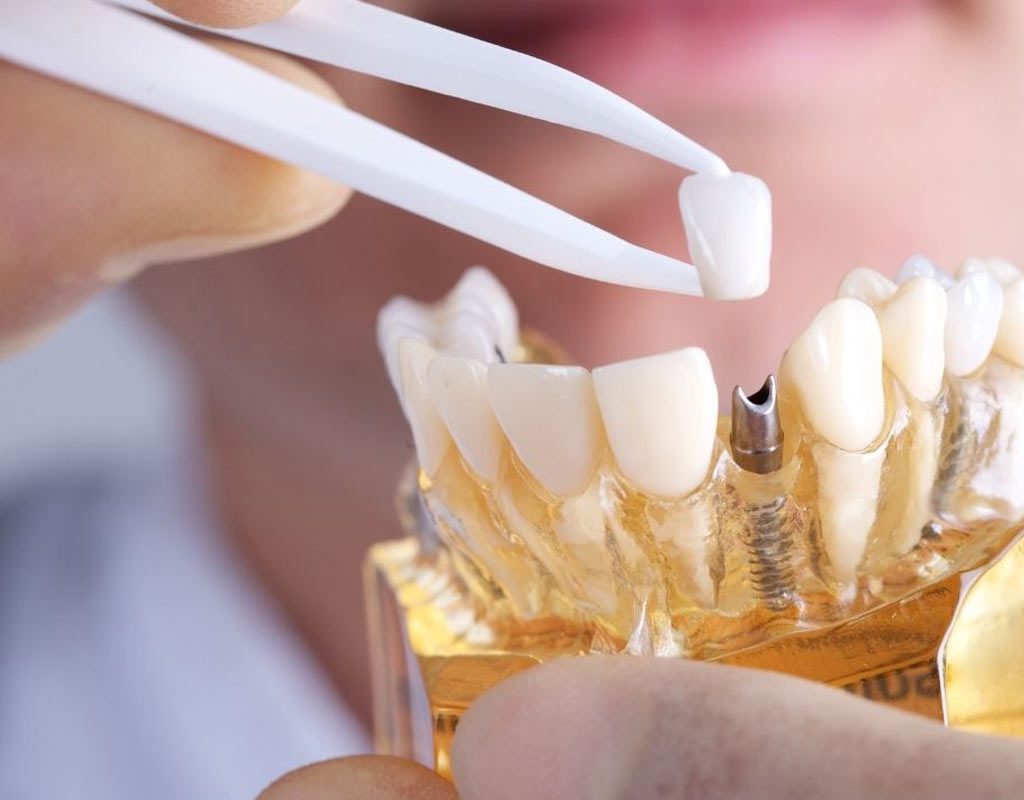
Dental Veneers
Dental veneers are shells made from porcelain or resin composite. They bond to the teeth to improve the tooth’s shape, colour, size & alignment.
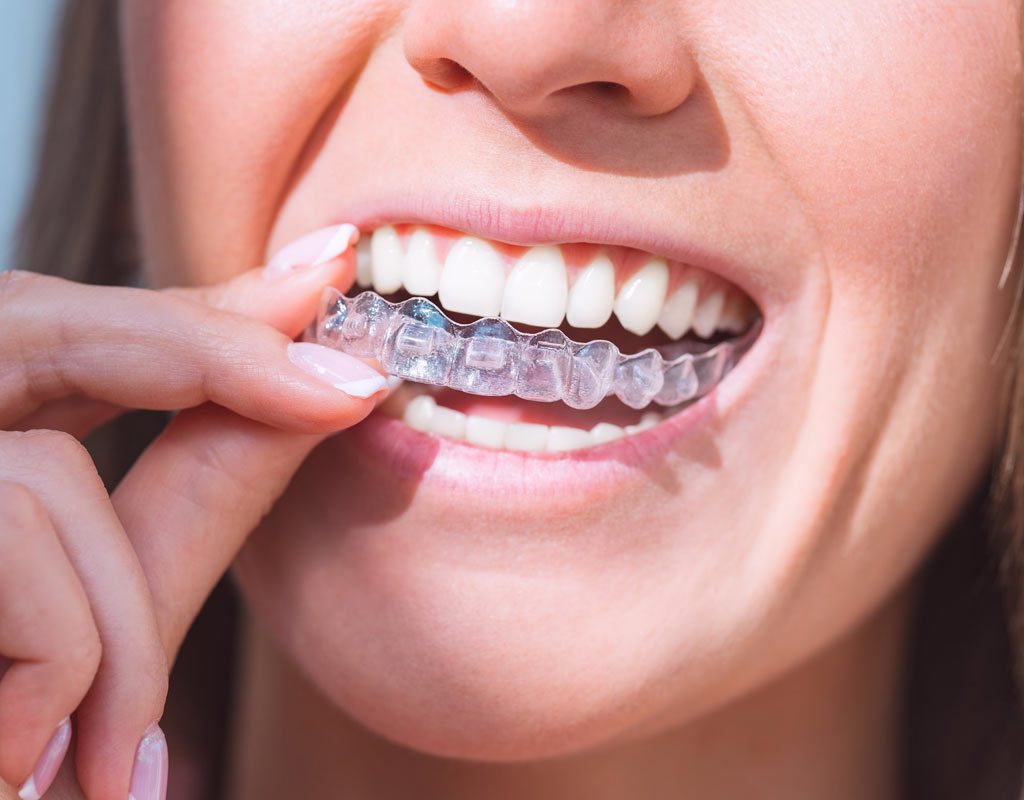
Invisalign
Invisalign aligners are customised for every patient to fit the mould of their teeth. They gradually move your teeth into the desired position.
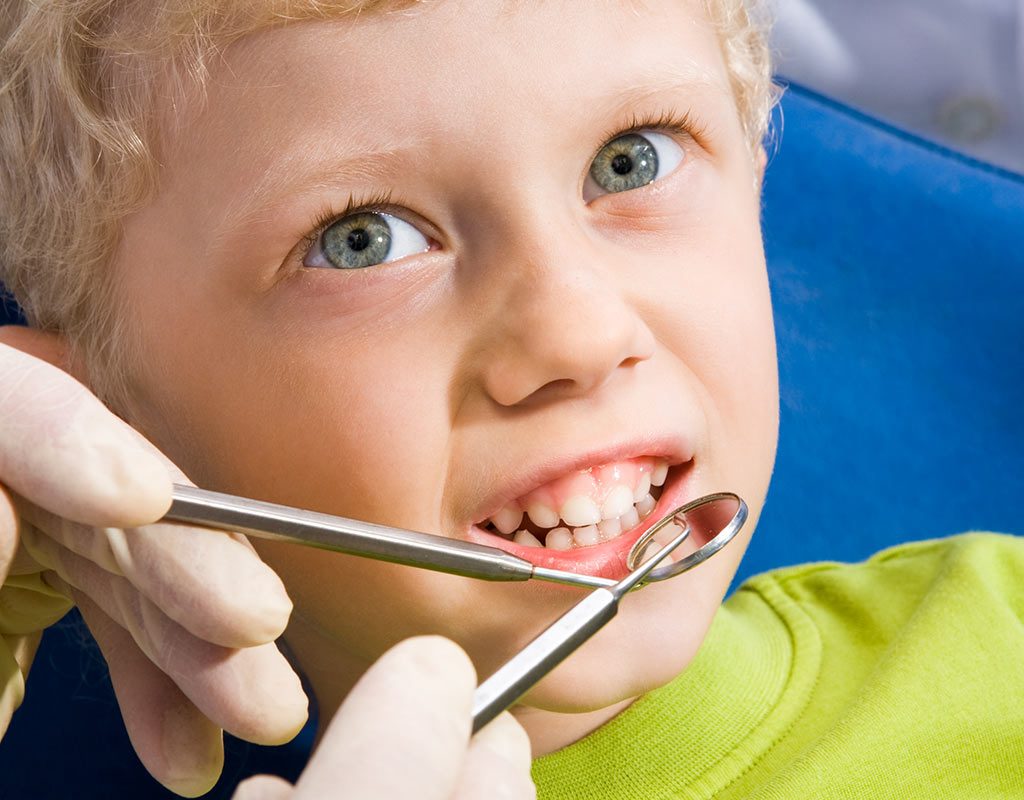
Orthodontics
Crooked or misaligned teeth can often dim our smiles or make us conscious in social settings. In the long run, this can become taxing.
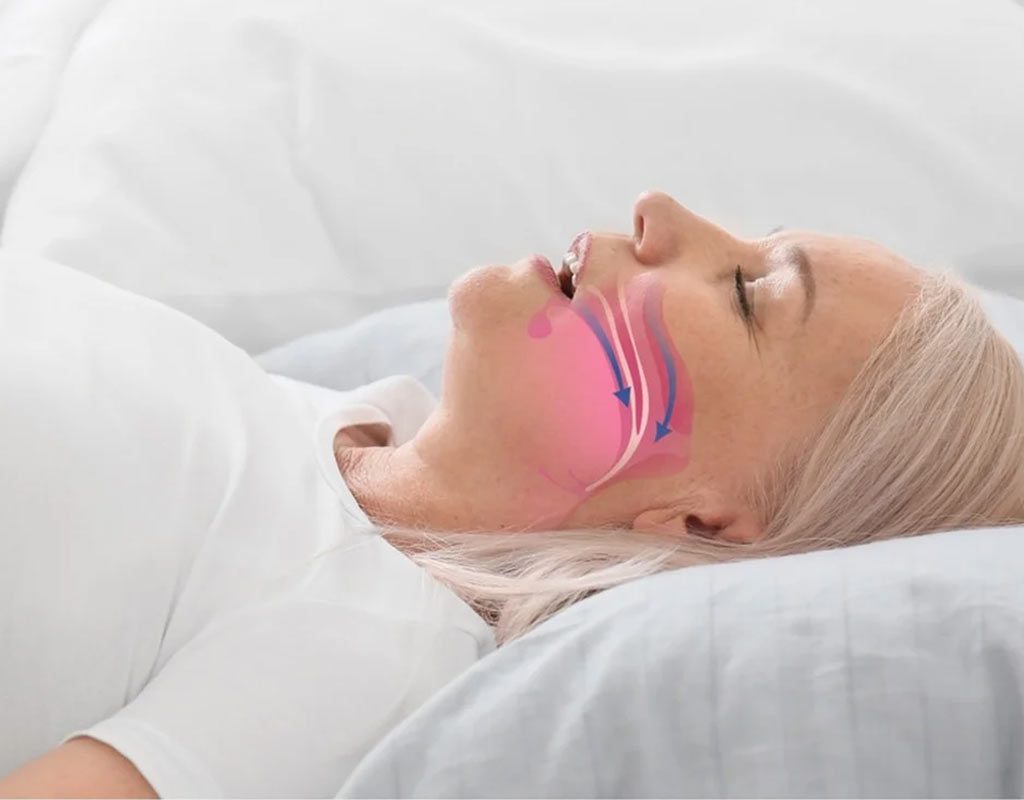
Sleep Apneoa
Obstructive Sleep Apnoea (OSA) is a breathing disorder which occurs during sleep and leads to the narrowing or total closure of the upper airway.
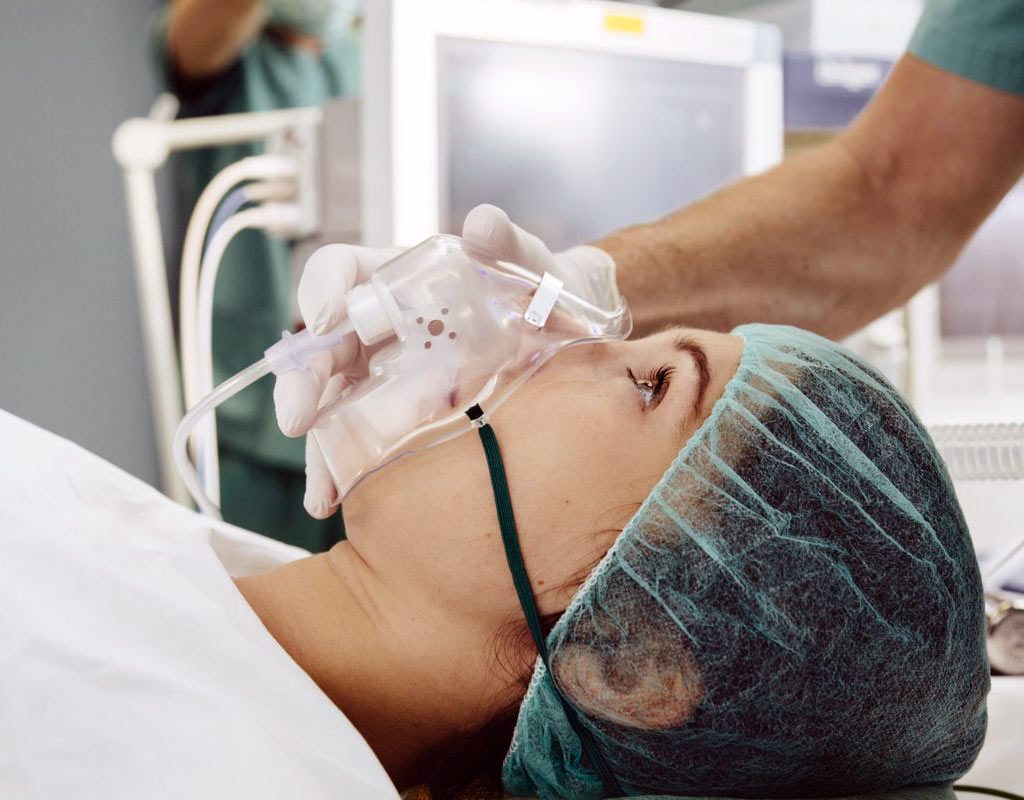
Sleep Dentistry
In our clinic, we can offer patients have their treatment under a general anaesthetic. Patients are unconscious for the duration of the procedure.
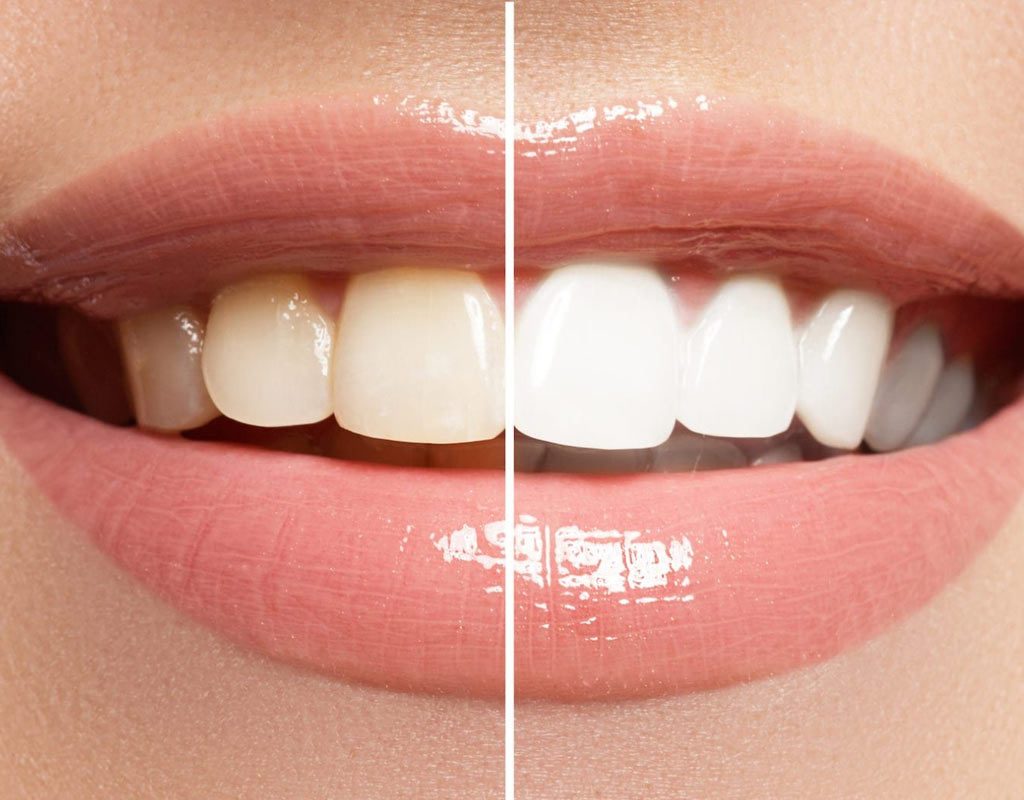
Teeth Whitening
In-chair, whitening can offer much faster results than take-home whitening. Your dentist will apply a bleach gel to the surface of your teeth.

Wisdom Teeth Extraction
Wisdom teeth usually emerge from age 16-25, and for many people, the only solution is removal.

